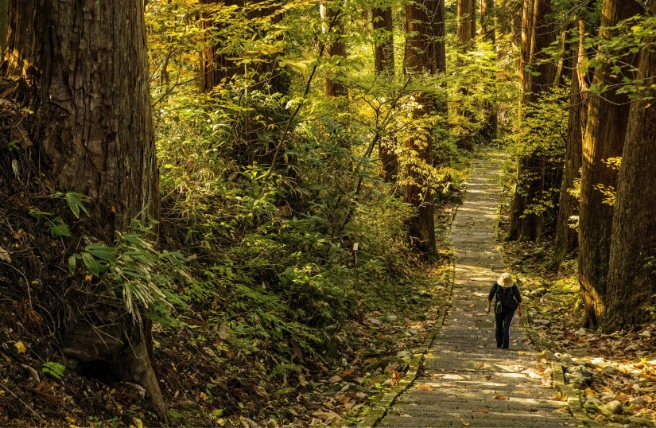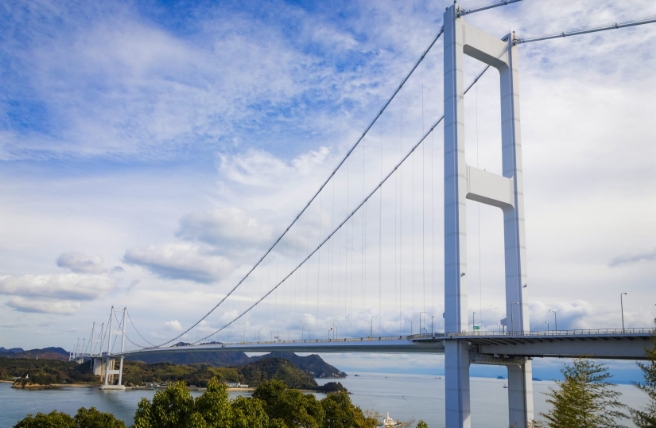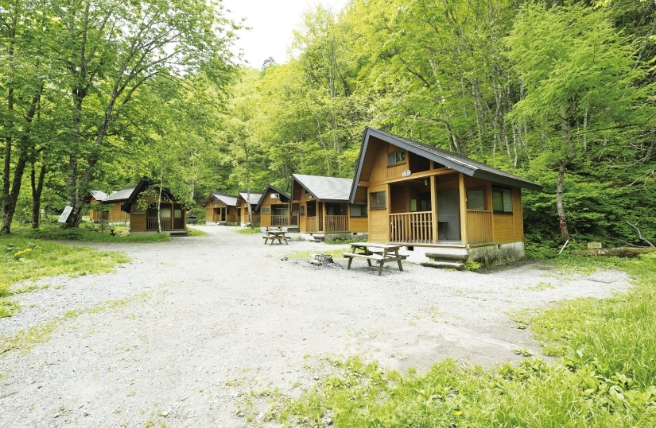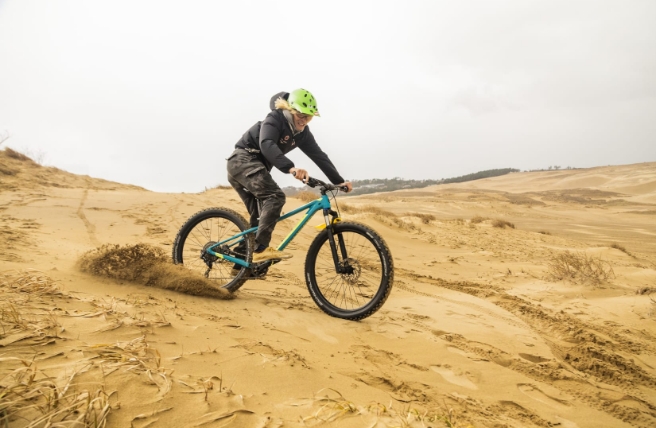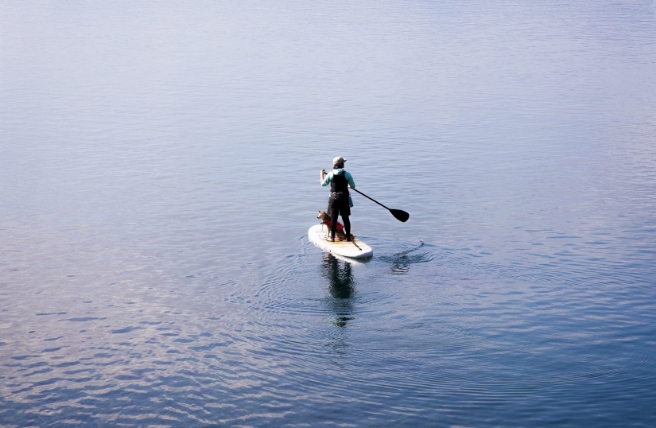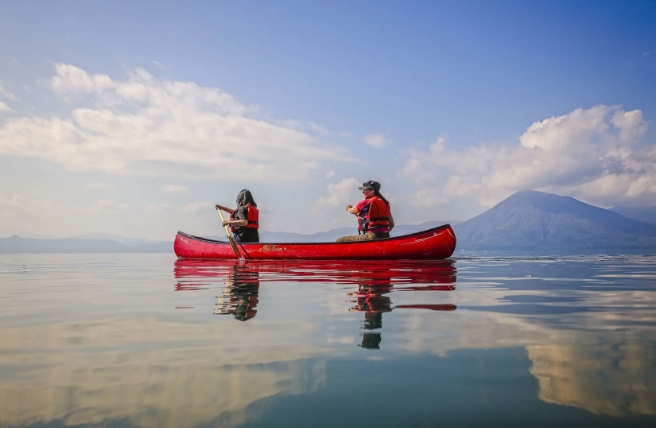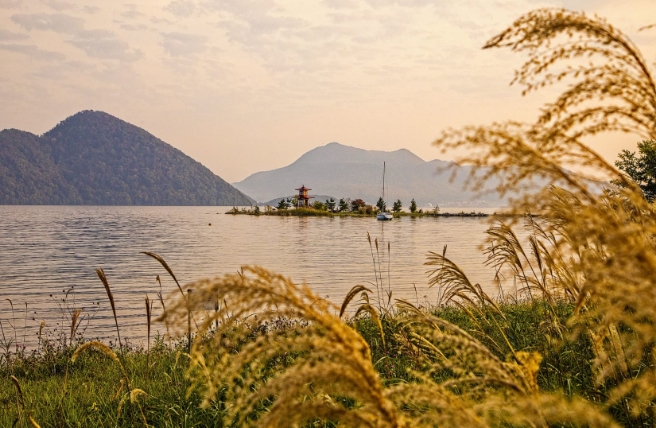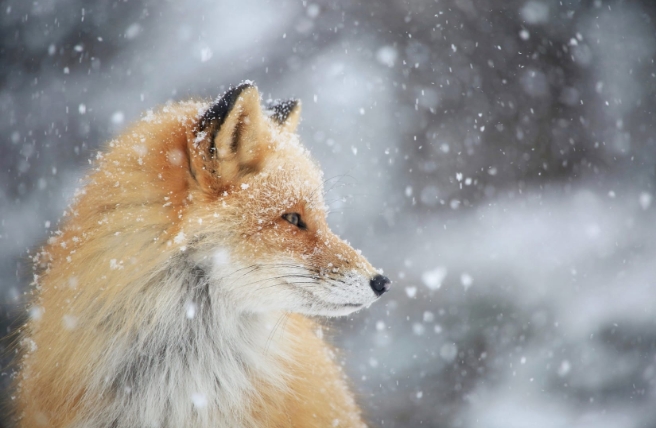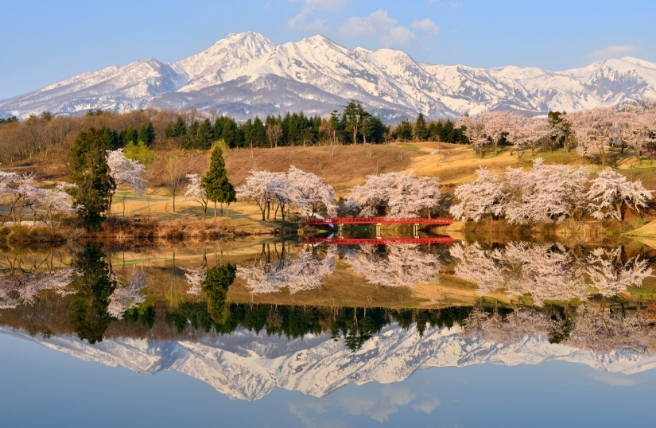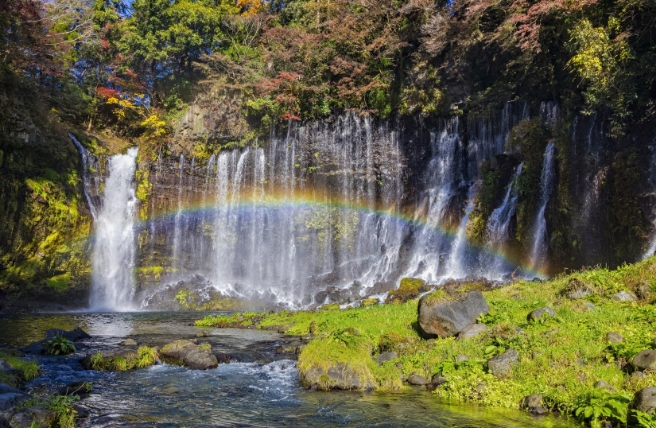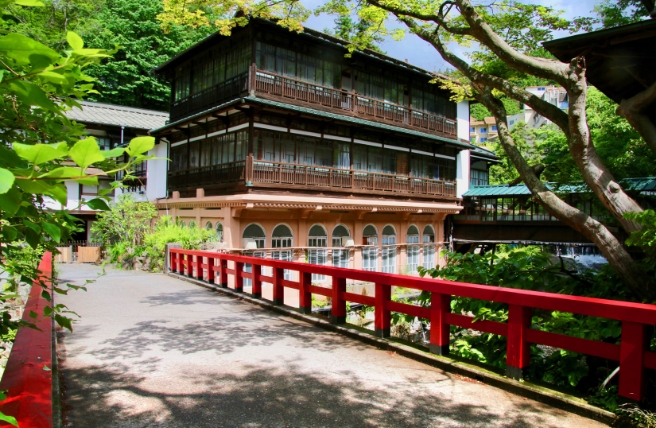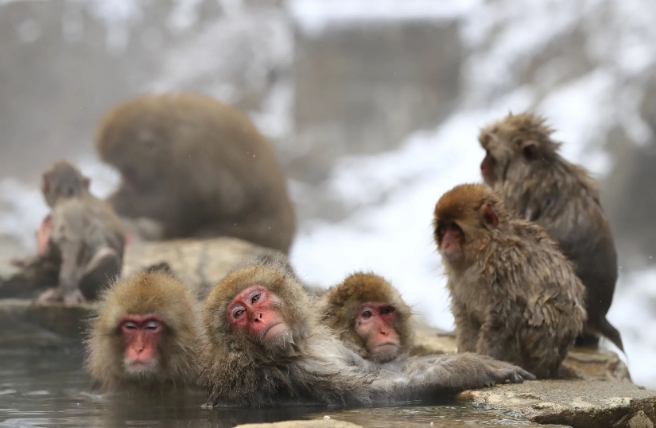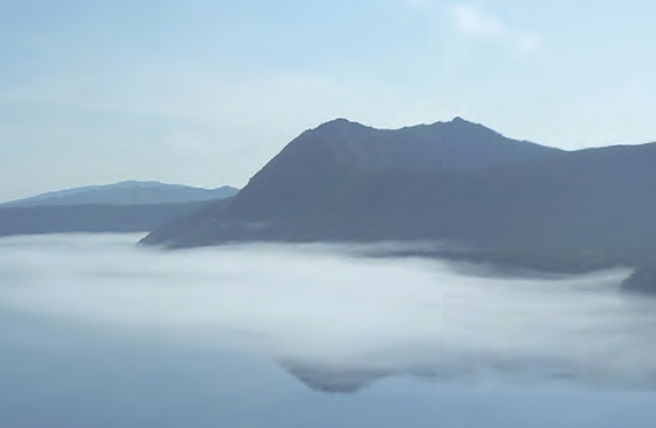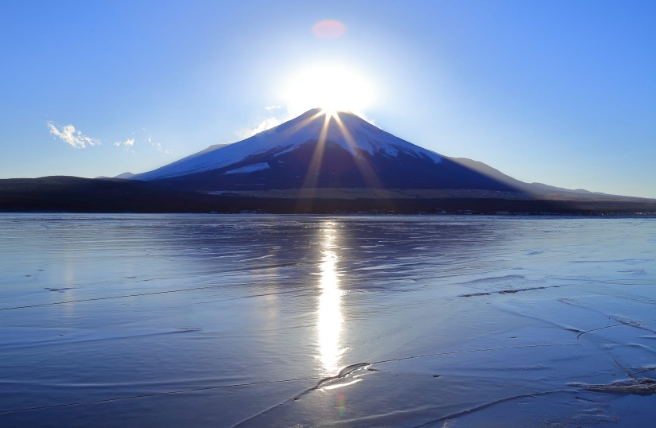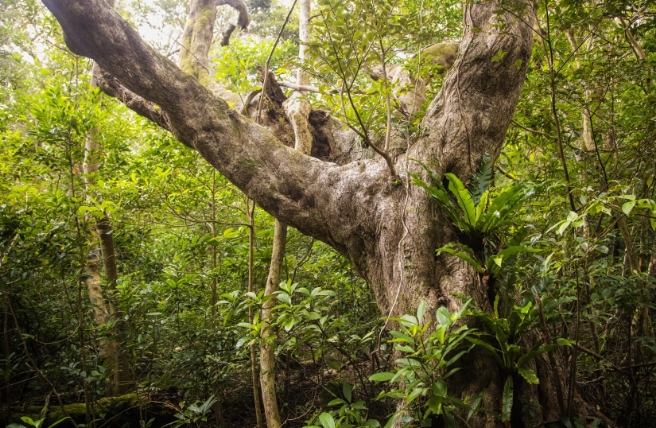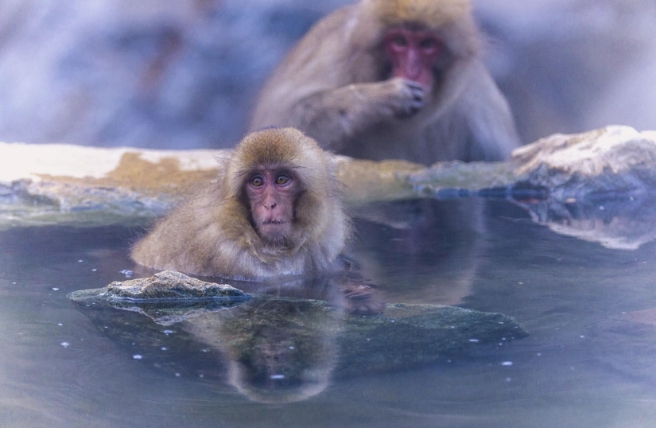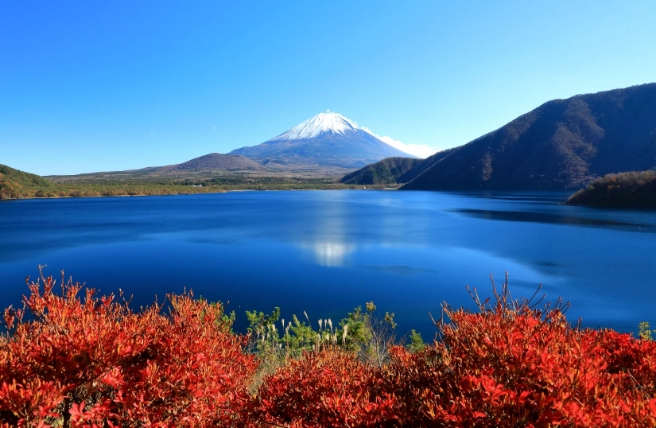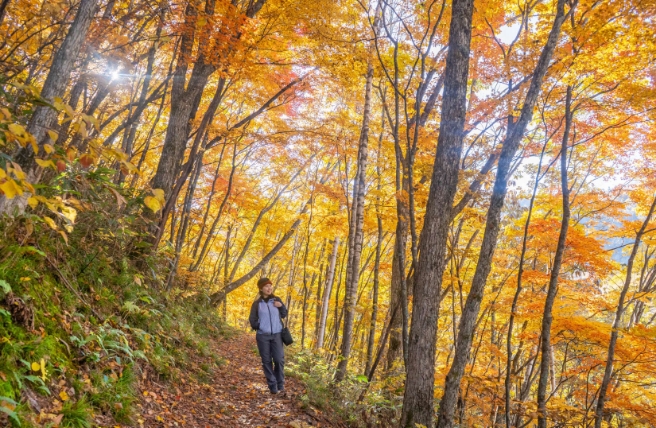Heeding the call of the Japan Alps and protecting Chubusangaku's mountainous landscapes
| Ranger | Tatsuya Oshima |
| Park | Chubusangaku National Park |
| Recommended Spot | Dakesawa Marsh |
* This article was written based on an interview conducted with the park ranger in October, 2019.
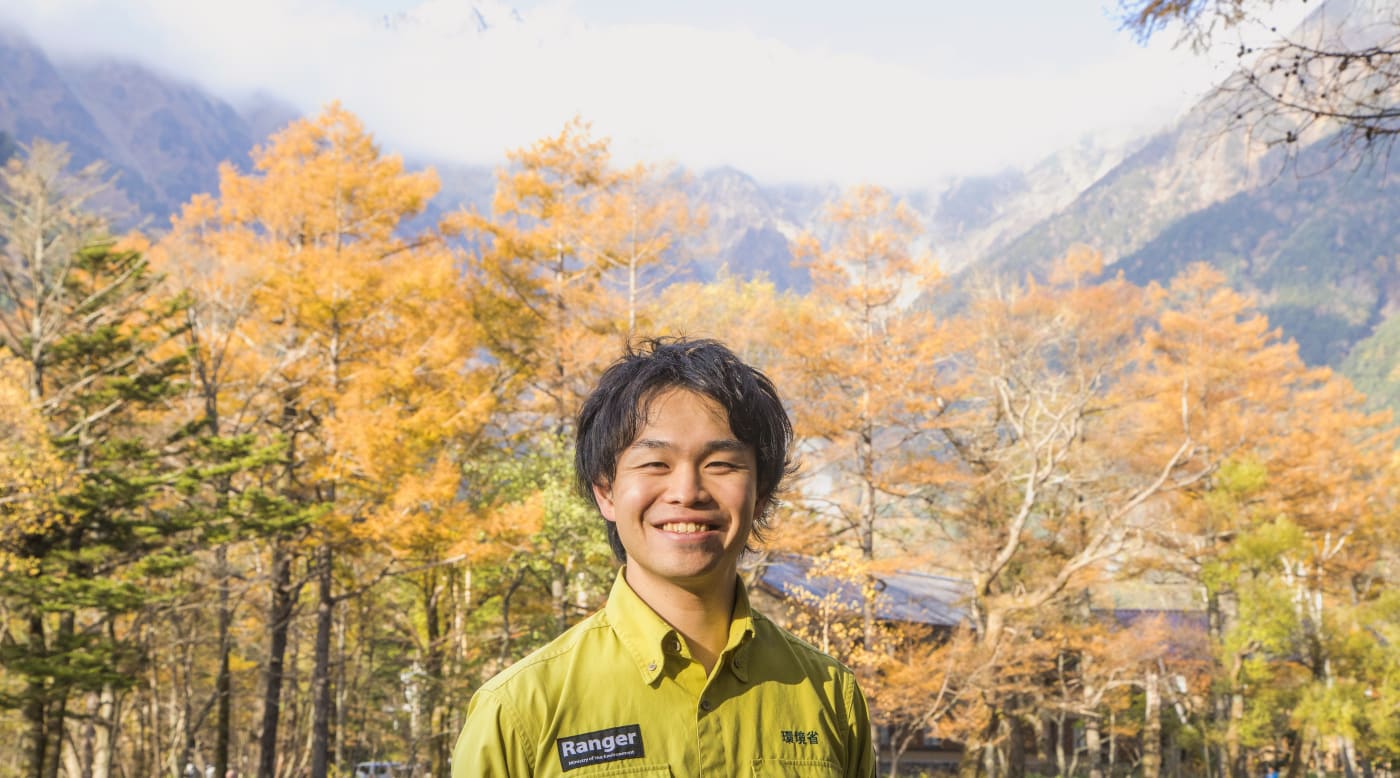
Since his career began as a park ranger four years ago, Tatsuya Oshima has worked at two of Japan's national parks: Yakushima National Park in Kyushu and Chubusangaku National Park in central Japan. He thoroughly enjoyed his time in Yakushima, maintaining hiking trails and facilities, but being assigned to Chubusangaku was lucky; it is a place where many park rangers dream of working.
Inspired by Nature
Oshima was inspired to become a park ranger while studying ecology at university. In his fourth year, he was part of a group that was researching endangered plant species in the Minami Alps (South Alps). As part of their work, the group brought endangered alpine plants down from higher altitudes to the base of the mountains and were able to cultivate them successfully.
Above the Clouds
What Oshima loves most about his job, he says, is seeing people amazed by nature, and the smiles on their faces when they visit the park. He can relate. One of his most inspiring experiences working in Chubusangaku was climbing to the top of Mount Yarigatake (3,180 m), Japan's fifth tallest mountain. It took about eight hours to climb up from Kamikochi, but when he got to the summit in the afternoon, the peak was shrouded in clouds. He couldn't see anything but white. Determined to see the legendary views, he made a second attempt the next day, when the weather was clear. The views from the narrow ledge of the summit were impressive beyond words—with the Hotaka mountain range and Mount Fuji in the distance.
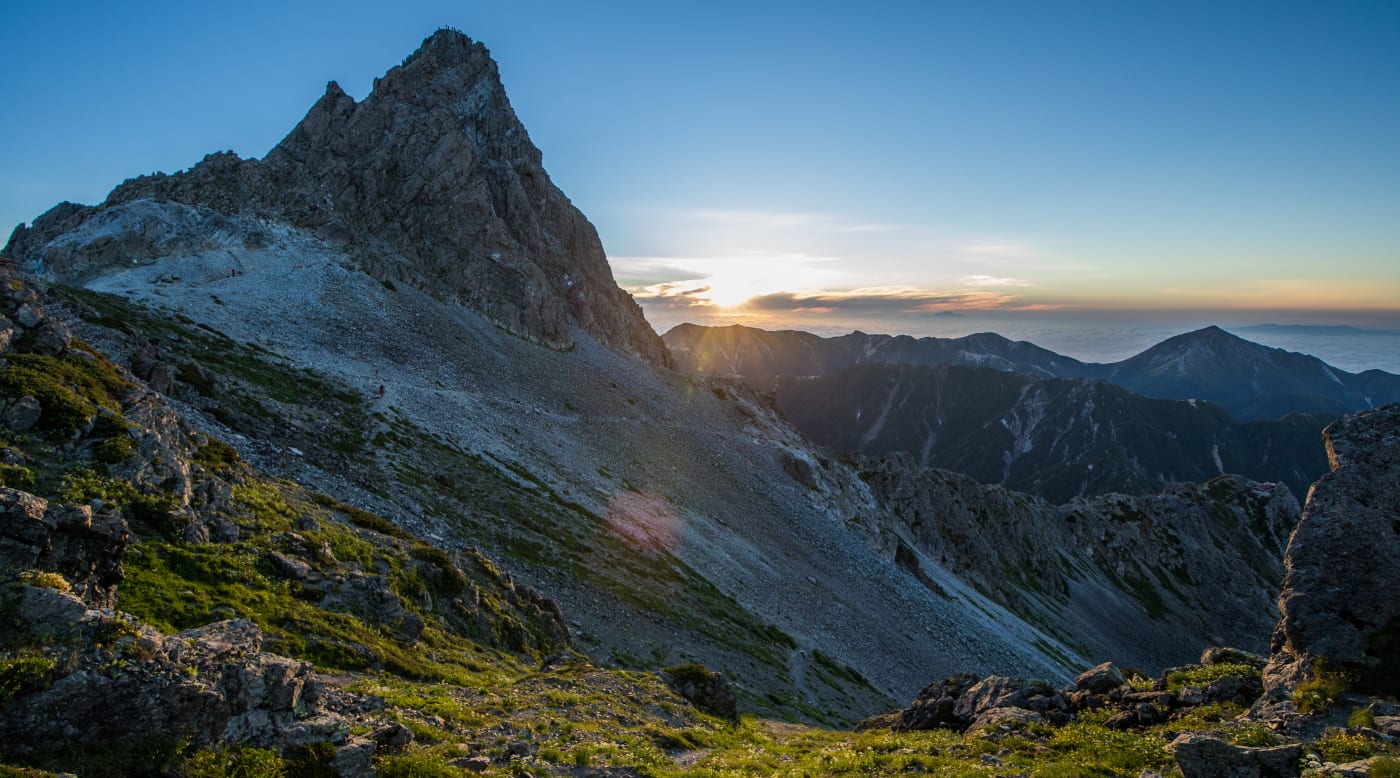
But you don't have to be a hard-core climber to enjoy the Japanese Alps. One of the most popular mountains to hike is Mount Yakedake, an active volcano, considered the “back door” of Kamikochi. It is possible to start the hike from the Nakanoyu trailhead and hike down another route to Tashiro Bridge in Kamikochi. Yakedake can be done as a day hike or an overnight trip with a stay at a traditional Japanese mountain hut.
Be an Early Riser
Wherever you hike in the park, Oshima recommends starting your day very early to ensure that you can arrive at your destination with plenty of time to spare. When staying in a mountain hut or camping on the ridge, it is especially desirable to check in by 3:00 p.m. Many hikers outside of Japan may not be used to this schedule, but this is the norm in the Japanese mountains. Thunderstorms are quite common at high altitudes in the afternoon, especially in summer—getting caught in a storm is the last thing you want to happen while exposed on the mountain face. And if you plan on ordering dinner a the mountain hut, it is best to arrive early as dinner is typically served at 5:00 p.m.
Must-See Kamikochi
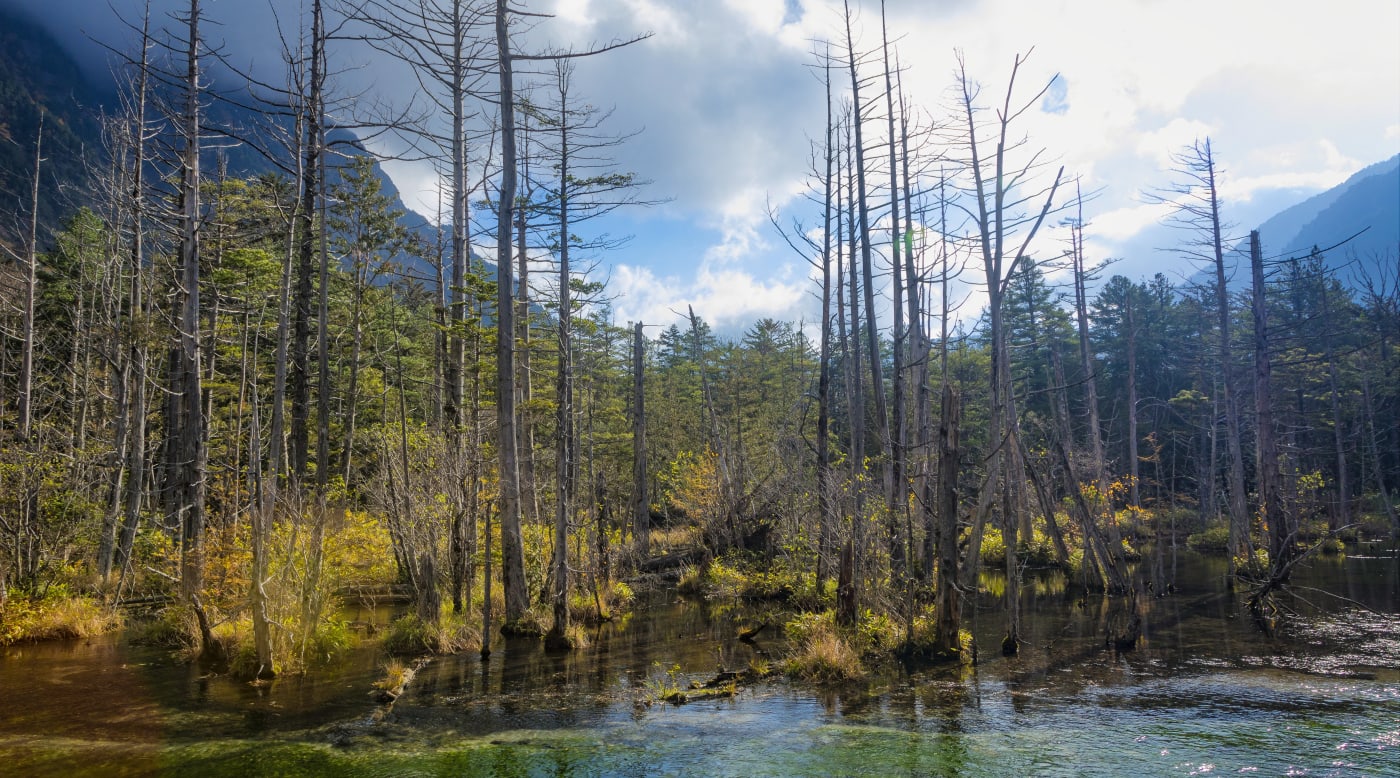
Among the many beautiful places in Kamikochi, Oshima's favorite spot is Dakesawa Marsh. Oshima says, “Although every part of Chubusangaku National Park has amazing scenery, this is where I would take a first-timer.” This marsh, fed by water from snow melt from the Dakesawa Valley, is only a 15-minute walk from Kappabashi Bridge along the Azusa River towards Myojinike Pond. It's a serene place with views of Mount Roppyaku and clear streams where you can see fish swimming from the wooden walkways. It's easily accessible and you'll feel totally immersed your surroundings.
